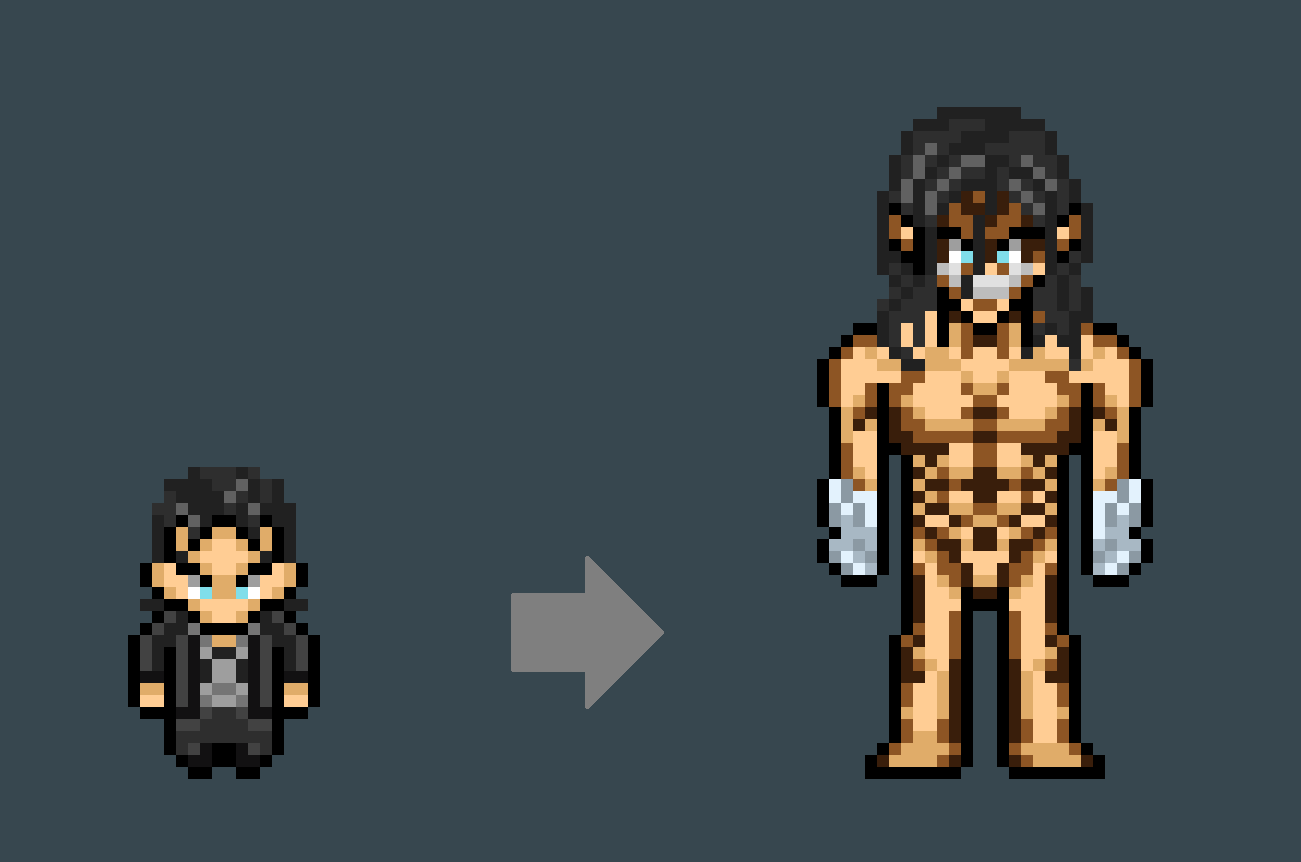
*** contains spoilers (I think), sorry :(

YEAGER Syntax Overview:
- Variables: var name = value;
(global and local variables are enforced according to scopes)
e.g: var x = 5;
{
var x = 10;
print x; (10);
}
print x; (5);
- Print: print expression;
e.g: print x + 3;
- Arithmetic: +, -, *, / (follows PAMDAS order of operations)
e.g: 2 + 3 * 4 / 5 - 1;
- Comments: // single-line comment
- Functions: fun Name() {}
e.g:
fun Transform() {
print "Titan form activated!";
}
- Blocks: { } (scopes enforced, variables defined in scopes are captured in closures)
- Classes: class Name {}
e.g: class Breakfast {}
- Class Inheritance: class Name < SuperclassName {}
- Methods: defined inside of classes, same as functions
e.g:
class Breakfast {
cook() {
print "Cook the morning.";
}
}
- Init method: if defined, will run automatically every time a new instance is created.
e.g:
class Breakfast {
init(name) {
this.name = name;
}
}
- Instances: ClassName()
e.g: var eggs = Breakfast();
- Setters and getters: (only on instances) Instance.fieldName or Instance.methodName
e.g: eggs.recipe = "Three step instructions"; or eggs.cook();
- Conditionals: while, if, for, and, or (
e.g:
if (angry) {
transform();
} else {
chill();
}
while (angry) {
yellReallyLoud();
}
var a = 10;
for (var i = 1; i < a; i = i + 1) {
print i;
}
var a = 1;
print(a < 5 and a > 0); << TRUE
print(a == 0 or a > 2) << FALSE
)
More features coming soon!